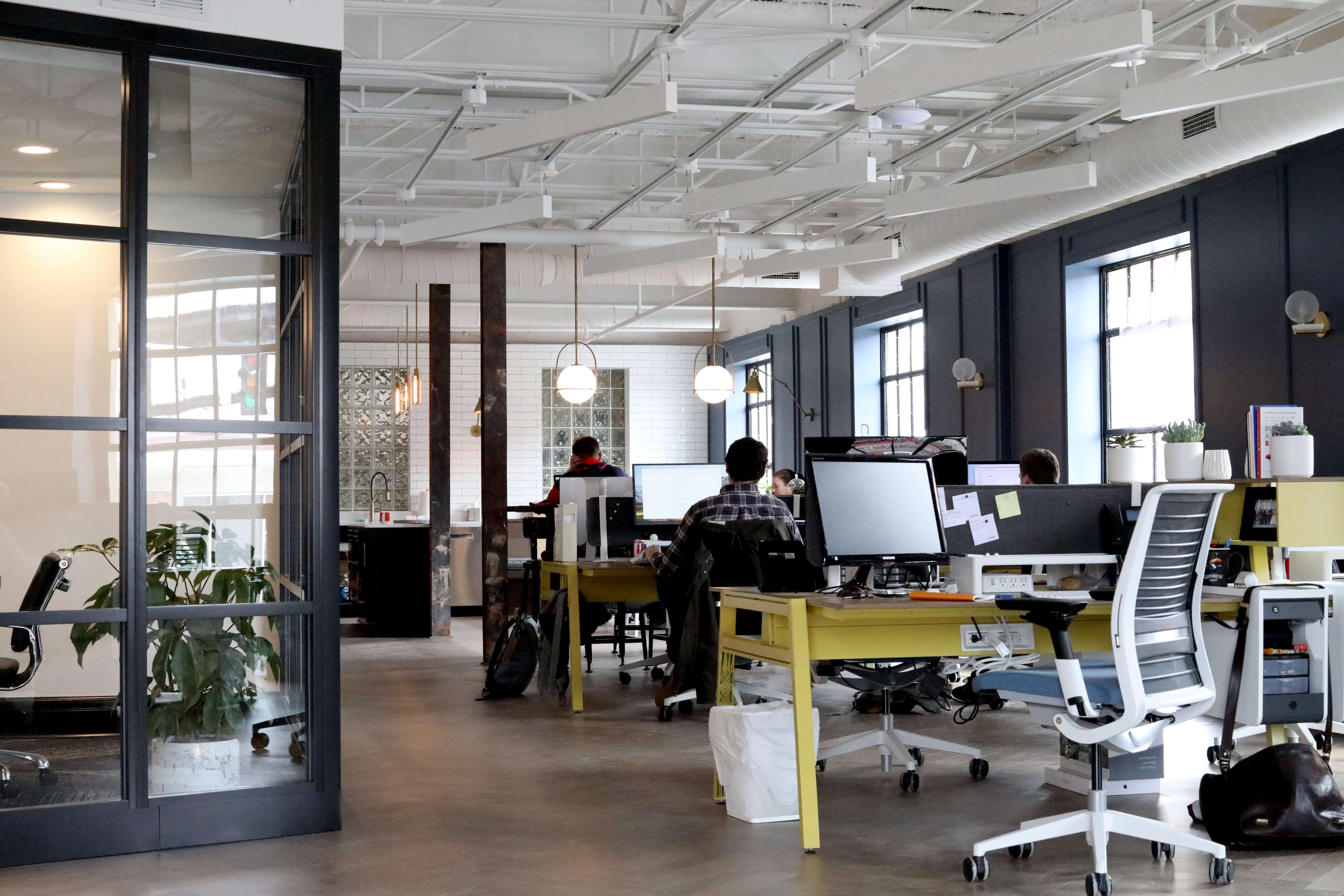Must-Have Features for a Robust Restaurant POS Solution
Discover the essential features of a restaurant POS system, including user-friendly interfaces, fast checkout processes, inventory management, and detailed analytics. These features are critical for streamlining restaurant operations, improving efficiency, and increasing profitability. Selecting the right POS system ensures smooth service, accurate sales tracking, and insightful performance reports, making it an indispensable tool for modern restaurants.

Essential Components of an Effective Restaurant POS System
A POS (Point of Sale) system plays a vital role in the hospitality and retail industries, streamlining sales processing, managing financial flows, tracking inventory, and easing administrative tasks. Given the high volume of cash and card transactions typical in restaurants, a dependable POS is crucial. These systems record every sale accurately and often handle card payments. When selecting a POS for your restaurant, prioritize features that enhance operational efficiency and customer experience.
User-Friendly Interface
Pick a system that simplifies daily operations. An overly complicated interface can hinder staff performance. Ideally, choose a POS that balances comprehensive functionality with ease of use, supporting staff now and as your establishment grows.
Quick and Dependable Checkouts
During busy times, rapid and precise transactions are essential. Select a POS with a responsive interface that stays fast under load. Hybrid systems that combine local hardware with online capabilities are often more reliable than cloud-only options.
Simplified User Experience
Attend product demonstrations to evaluate ease of operation. The interface should be intuitive, with minimal setup steps. A clean, straightforward design reduces complexity, ensuring smooth service during peak hours.
Inventory Tracking and Detailed Analytics
Strong inventory management features help monitor stock, control food costs, and assess profitability. Opt for systems that include inventory modules and support third-party integrations. Additionally, comprehensive reporting tools—either built-in or through compatible add-ons—are vital for analyzing restaurant performance and making informed decisions.


